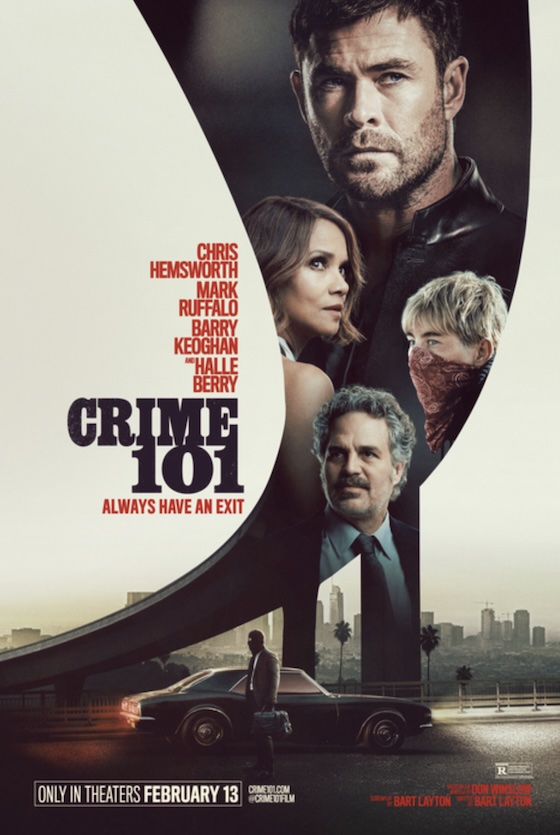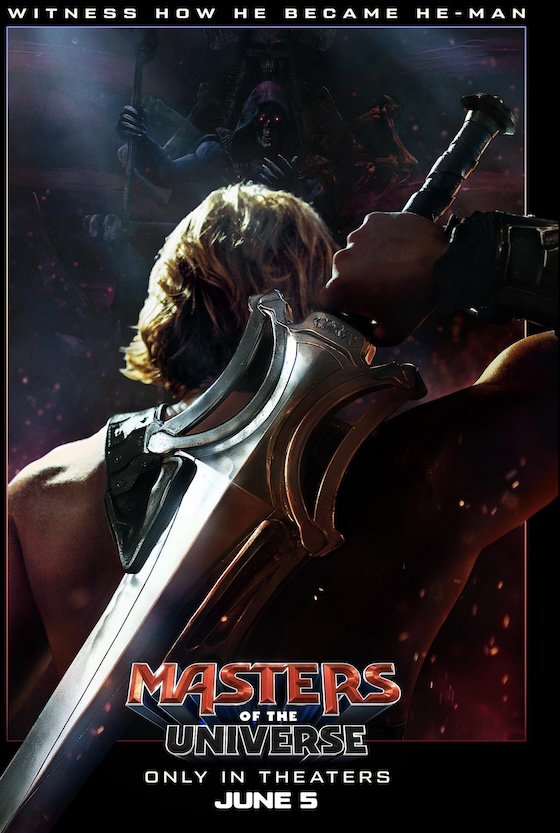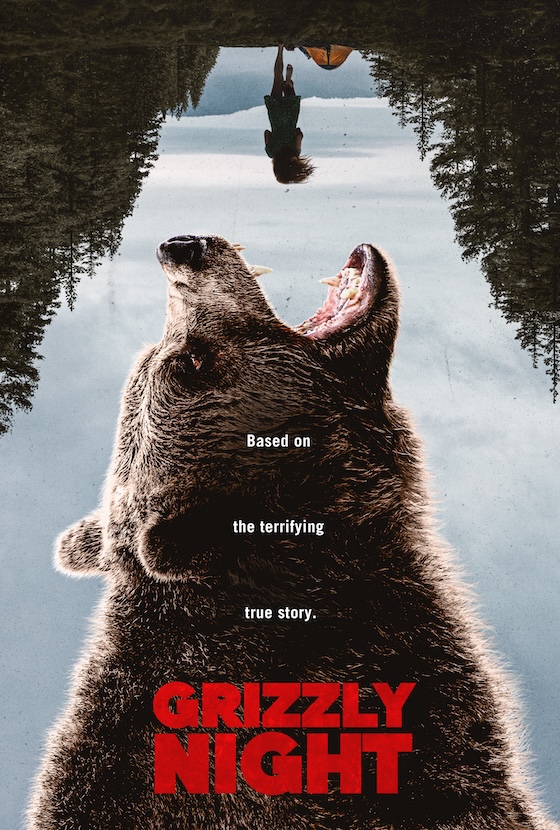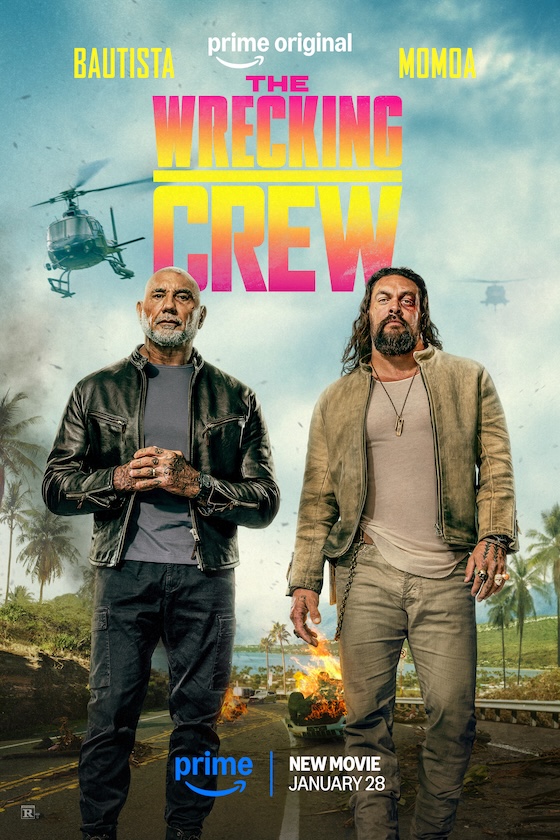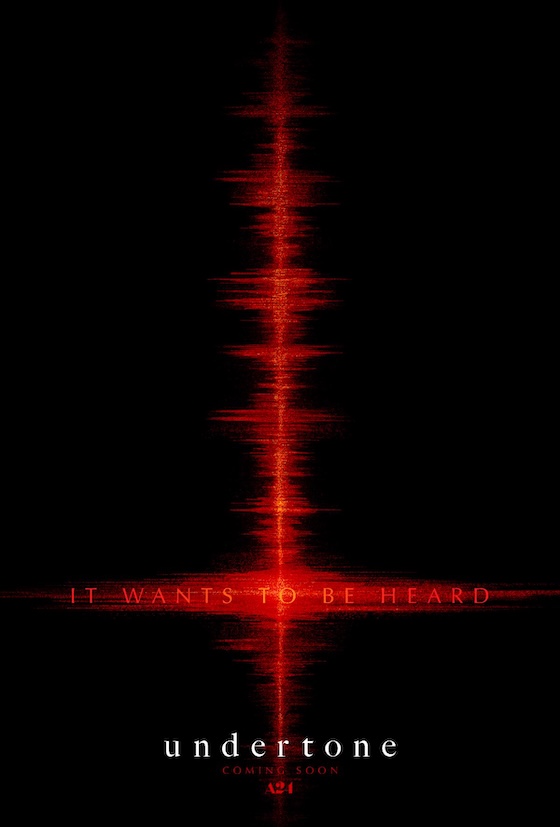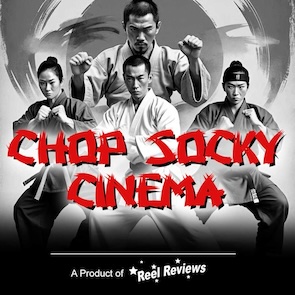{2jtab: Movie Review}

![]()
For the last week we’ve spent three individual articles exploring the history of Quentin Tarantino - his highs and lows, his techniques, trademarks - and now we explore his most recent film to be released - Django Unchained. He continues his quest to rewrite the history books and give audiences something they’ve never had before; a raucous slavery tale where the slave gets some revenge. It’s Roots if Roots involved Kunta Kinte wielding a rifle and two pistols and taking down an armada of white people.
Beginning two years before the Civil War began, Django (Jamie Foxx) is chained and being escorted through the cold to his owner’s eventual destination - likely en route to a market to sell the slaves - when Dr. Schultz appears in his dentist wagon, topped with a spring action molar that sways back and forth. Schultz (Christoph Waltz) speaks with Django briefly before being cut off by the owners, one of whom he must dispatch. In a first for a Tarantino film, Schultz’s shoots the other owners horse, killing it. He’s never been one for animal violence in his films so it was quite shocking to see, however, Schultz explains his actions for shooting the horse and a certain degree of regret does cross his face.
Setting Django free they set out to cash in on a bounty for three wanted criminals - the Brittle Brothers. Schultz takes Django under his wing as his partner for the winter, taking on multiple bounties before deciding that it’s time to go find Django’s wife, Broomhilda (Kerry Washington) who was purchased in Greenville for 300 dollars by Calvin Candie (Leonardo Dicpario). A plot is conceived by Schultz that involves piquing Candie’s interest by discussing gladiator fights that use slaves for the entertainment. What develops is probably not the most stomach settling evening plans one may have had. {googleads}
Django’s violence is unparalleled this holiday season. The overall brutality is extremely high, even for a Tarantino film, but it’s in an “over-the-top” manner. Still, those with a weak stomach should probably turn to lighter outings (like Les Mis...oh wait...). The climax to Django is similar to the intensity of Reservoir Dogs and Inglourious Basterds, the latter of which it shares the therapeutic resolution to a dark part of history.
Naturally people will take offense to the film, which has already begun. Certain words are used very casually, which seemed par for the course on this one due to the time period, but it seems most are uppity about the racism towards white people in Django - despite the white director, and mostly white cast, and the producers are white, a majority of the audience will be white, etc. People will take offense no matter what. Personally, I found the film far more entertaining than most of Tarantino’s films.
There’s never a dull moment in Django. Whereas before, there were pacing issues with Tarantino’s work, it’s gone here. The film flows smoothly from reel to reel, never dumbing down the audience with unnecessary dialogue - another first for Tarantino. Every scene is purposeful, and building to the eventual climax. Acting wise, the film is above most of his catalog as it features some of Hollywood’s best. Foxx owns the part of Django, and Waltz is perfectly cast as Schultz.
But the true stars of Django are the villains. Dicaprio’s Calvin Candie is a diabolical bastard, one that even Tarantino himself stated he could not find a redeeming quality in. Dicaprio’s intensity is matched only by the structure of the character that Tarantino has written for him. Dicaprio’s spent much of his career as the good guy, teen heartthrob, popsicle in the ocean, and mostly the one A-list actor who has a tendency to die (or get really messed up) in almost all of his films (seriously... The Departed, Blood Diamond, Body of Lies, Titanic, Gangs of New York, etc. - he gets messed up or dies in all of those). Here, he’s the villain, and a dastardly one at that. He’s hilarious in a very unsettling way how proper by improper he truly is. Dicaprio’s tried hard to shed that “teen hearthrob” stage of his career and opt for a more solid filmography, which he’s done so very well. Out of his realm here though, Dicaprio’s Candie is one of Tarantino’s most finely written blackhearts - a sadistic, selfish, mean-spirited tyrant, who is backed 100% by his oldest and most devoted slave - Stephen (Samuel L. Jackson).
Jackson’s been all over the place with his characters. He’s played cold characters before, but none compare to Stephen - who is possibly an even more evil villain than Candie due to his betrayal of his own race. Stephen is racist towards his own race, and does whatever he can to sabotage their lives. Jackson’s in full form here though, completely dedicated to the role, and you hate both Candie and Stephen with passion by the film’s midway point. The humorous dialogue between Stephen and most characters is great to laugh at, until one catches the serious tone that he delivers such scornful and racist statements towards Django and the slaves.
A small turning point possibly for Walton Goggins of FX’s Justified - here he plays one of Candie’s main men, who steals the show for a split second during the climax. Don Johnson as Big Daddy offers the films most bizarre but gut bustingly funny moments before meeting his demise. Tarantino as a writer has grown tremendously from his days of self indulgent filmmaking to become who he is today - a director for the people. He’s made cameos in all of his films, and does so again, definitely beating his previous cameo in Inglourious Basterds by playing an Australian slaver whose exit from this world deserves an Oscar nomination.
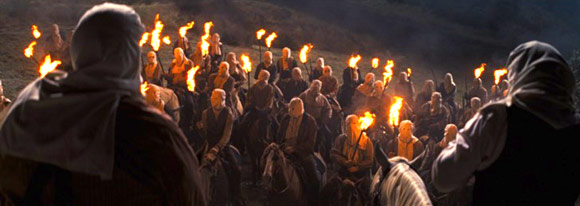
Django is special, due to the way the film shows a true progression, a maturity if you will, for Tarantino. It’s almost as if now he’s writing for the audience and less for himself. There’s a degree of care put into the film, to make it just an overall great experience. Under a different light, one might consider Django his best film, primarily because of how much more mature of an outing it is than say Kill Bill. In Bill the violence was done in homage, which it’s also done here in regards to spaghetti westerns, but for Django it feels more accomplished, far less messy (in terms of filmmaking that is) and intuitive to how audiences interact with the film.
The theater was full of laughter and enjoyment, something you wouldn’t have seen in 1994 theater showing Pulp Fiction. It’s a testament to Tarantino’s growth as a director, and despite the fact that he’ll come under fire for the racism theme, he’s in no way encouraging hatred like racism, he’s merely telling a story about racism. There have been films about the subject before, and there will continue to be films about racism for years to come. But no one blasts Mississippi Burning for it’s racism, it’s only when someone like Tarantino attempts to make a movie about it that involves humor and violence, that people take offense to it.
In 1998 I did a report on Adolf Hitler, and for a visual aide I showed the concentration camps as depicted in Schindler’s List. I spoke with passion about the subject, not because I’m a friggin Nazi, but because I’m moderately compassionate and sensible. I received compliments for my efforts from all of my classmates, and was stunned to find that only one person in the class (including the teacher) had ever viewed Schindler’s List (oddly enough, he was well known as a bigot). I received an F for my efforts and my visual aid was condemned as “inappropriate.” Django is receiving the same punishment from it’s detractors.
If you can suspend your criticism of Django and keep an open mind to it, you’ll find yourself with an extremely satisfied viewing of one of the best films of the year. It won’t break any new ground for his die-hard fans, nor will it inspire thousands of wannabe writers to buy Final Draft. Instead, Django is exactly what it should be - a fun, humorous, overly violent depiction of the deep South, and it’s bubbling hatred for slaves, and it’s inability to move beyond greed and evil.
{2jtab: Film Details}
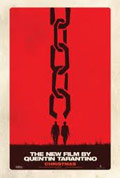 MPAA Rating: R for strong graphic violence throughout, a vicious fight, language and some nudity.
MPAA Rating: R for strong graphic violence throughout, a vicious fight, language and some nudity.
Runtime: 165 mins.
Director: Quentin Tarantino
Writer: Quentin Tarantino
Cast: Christoph Waltz; Leonardo DiCaprio, Jamie Foxx, Don Johnson; Samuel L. Jackson
Genre: Drama | Western | Action
Tagline: The "D" is Silent. Payback Won't Be.
Memorable Movie Quote: "That means we visit every plantation until we find her. And once the final Brittle brother lies dead in the dust, I am going to give you your freedom. ANd I'll take you to rescue your wife."
Distributor: The Weinstein Company
Official Site: unchainedmovie.com/
Release Date: December 25, 2012
DVD/Blu-ray Release Date: April 16, 2013
Synopsis: With the help of his mentor, a slave-turned-bounty hunter sets out to rescue his wife from a brutal Mississippi plantation owner.
{2jtab: Blu-ray Review}

Blu-ray Details:
Available on Blu-ray - April 16, 2013
Screen Formats: 2.40:1
Subtitles: English SDH, Spanish
Audio: English: DTS-HD Master Audio 5.1 (48kHz, 24-bit); French: Dolby Digital 5.1; Spanish: Dolby Digital 5.1
Discs: 50GB Blu-ray Disc; Two-disc set (1 BD, 1 DVD); UV digital copy; iTunes digital copy; DVD copy
Region Encoding: Locked to Region A
The Tarantino violence lashes out with dark humor in Django Unchained’s arresting 1080p/AVC MPEG-4 encode. This is a highly-detailed and complicated film as many visual styles are included. True to the intentions of Tarantino and cinematographer Robert Richardson, the transfer retains a 70s vintage and violent vibe. Details are impeccable and defined with intensity. Blood spatter is vivid and crimson. Facial features are presented with intensity. Contrast is pitch-perfect with clean, brilliant whites throughout, making visibility into the far distance superb and crystal-clear. Black levels tend to waver somewhat, depending on the scene because the cinematography sometimes relies on natural candlelight and the light source is highly-controlled. Loud as hell and equally violent is the DTS-HD Master Audio soundtrack that will have you reaching for the sky.
Supplements:
Commentary:
- This is not the release you are looking for. No commentary is included.
Special Features:
Starz and Anchor Bay offer Django Unchained on Blu-ray in a variety of packages, starting with a two-disc combo pack which contains a code for an UltraViolet Digital Copy available most everywhere. For such a powerhouse title, the extras menu is surprisingly small. There are two promotional items – Tarantino’s recently released XX Blu-ray Collection and the Django Unchained soundtrack – that are nothing more than commercials. While the “Reimagining the Spaghetti Western” and the 10+ minute exploration of “The Costume Designs of Sharen Davis” are both fine features, there’s a bit of disappointment in just how vapid they are. You get a display of the conception and craftsmanship of Davis’ costume design and a brief look into the production’s stunts and animal protection. A respectful feature about the untimely death of production designer J. Michael Riva is also included.
- Remembering J. Michael Riva: The Production Design of Django Unchained (13 min)
- Reimagining the Spaghetti Western: The Horses and Stunts of Django Unchained (14 min)
- The Costume Designs of Sharen Davis (12 min)
- Tarantino XX Blu-ray Collection Promo (1 min)
- Django Unchained Soundtrack Promo (1 min)
{2jtab: Trailer}
{/2jtabs}

